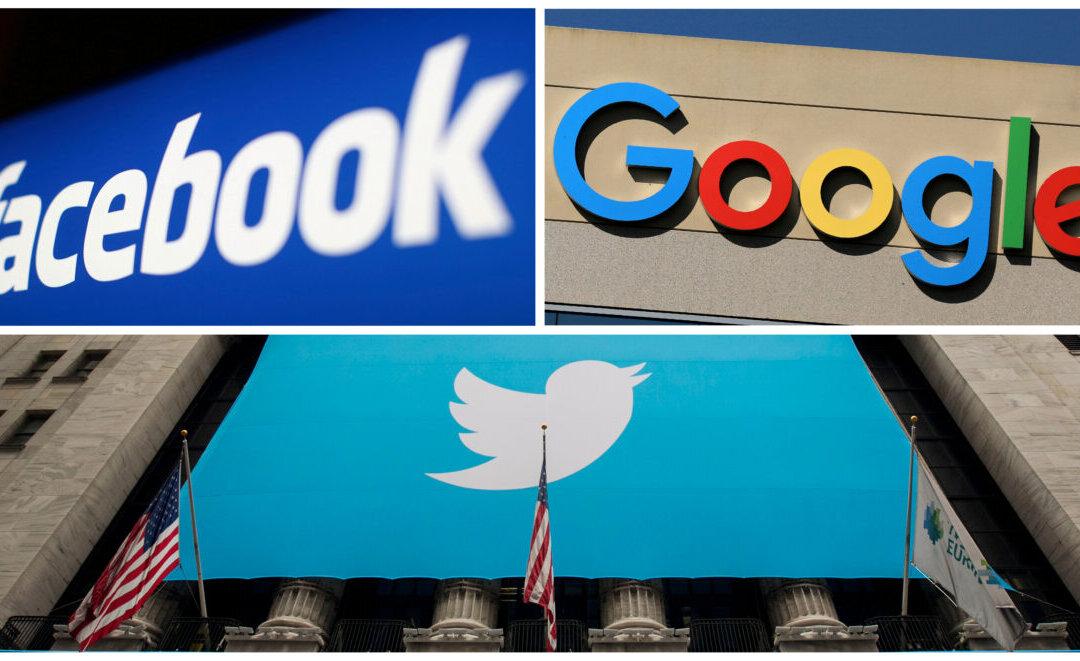Commentary
Conservatives are confused about how to view the tech giants, which have become so powerful in so many areas of our lives.

Conservatives are confused about how to view the tech giants, which have become so powerful in so many areas of our lives.